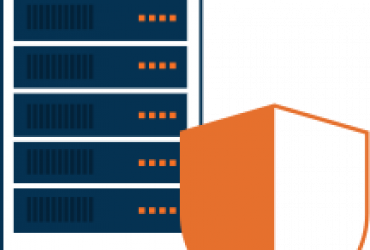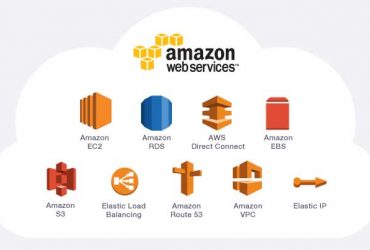Falcon (High-Performance Python Framework For Building Cloud API’s)
First of all, what is Falcon? Here is the answer, it is an Apache Licensed Community project. The logo of Falcon symbolizes an eagle, which means fast, quick, frequent so that it tells the working of Falcon that how quickly it works. It is made and maintained by volunteers from all around the world. Rackspace has sponsored the huge portion of the work that is included into the Falcon.
Falcon is furious performer minimal python web framework which is excellent in building micro-services, app back ends and other higher frameworks. Many MNCs are using Falcon such as EMC, Cronitor, Opera Software etc. Various templates and complimentary packages of Falcon are to be used for many projects.
The benefits of a product really enhance its efficiency, so now we will discuss the advantages of Falcon:
Reliability: Falcon ignores unnecessary craft while making web services. Travis and code cov have been used for remaining genuine and realistic.
Freedom: It gives a lot of choices from which decisions can be taken and implement, thus it leads to freedom to customize and tune any implementations freely.
Performance: Falcon is a better performer it serves easily, unlike another python as it will never bottleneck API’s performance. The Falcon has many other features as well, such as it is very light in weight. It is also very flexible, thus developers can choose libraries with respect to their present project scenario.
Falcon is used around the world by a growing number of organizations, including:
- 7ideas
- Cronitor
- EMC
- Hurricane Electric
- Lead pages
- Open Stack
- Rackspace
- Shift gig
- Es
- Opera Software
Benchmarks executed on a Rackspace Cloud Server (1 GB General Purpose), running Ubuntu 16.04.1 (PVHVM) with all system packages updated to their latest versions as of September 2016. The frameworks were tested on numerous different versions of Python. 200,000 iterations were executed per trial, and the best time was recorded for each framework over 20 trials.
The order in which the frameworks were tested was randomly executed for each trial. Also, garbage collection was enabled as it would be in a production environment, and a full collection was forcefully triggered before each trial. Finally, results were calculated using the Decimal class and rounded to the nearest whole number.
 Server Hardening Linux: Knowing More About
Server Hardening Linux: Knowing More About






Comments (0)